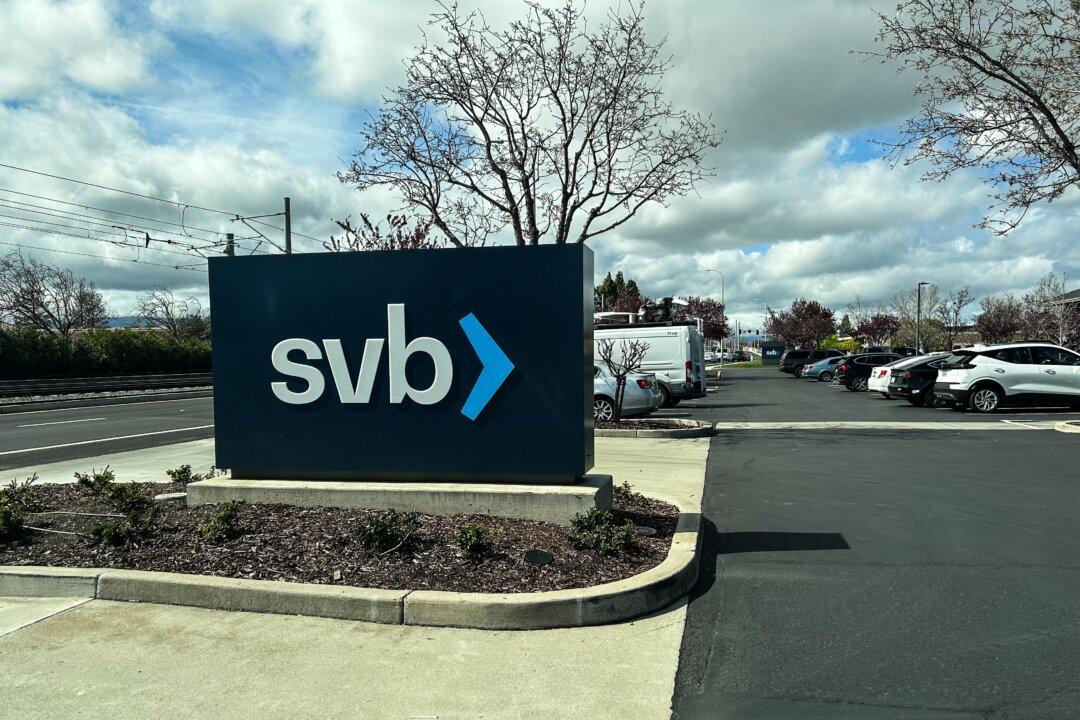First Citizens Bank, which bought the failed lender Silicon Valley Bank (SVB) in March, has reported a profit of more than $9 billion due to the takeover.
First Citizens made a preliminary gain of $9.82 billion on the acquisition, according to the bank’s May 10 earnings release (pdf) detailing its first-quarter performance. As a result of the business takeover, First Citizens’ net income available for common stockholders for the first quarter of 2023 came in at $9.50 billion, or $653.64 per diluted common share. This is over 39 times higher than the $243 million in net income, or $16.67 per share, First Citizens had made in fourth quarter 2022.





